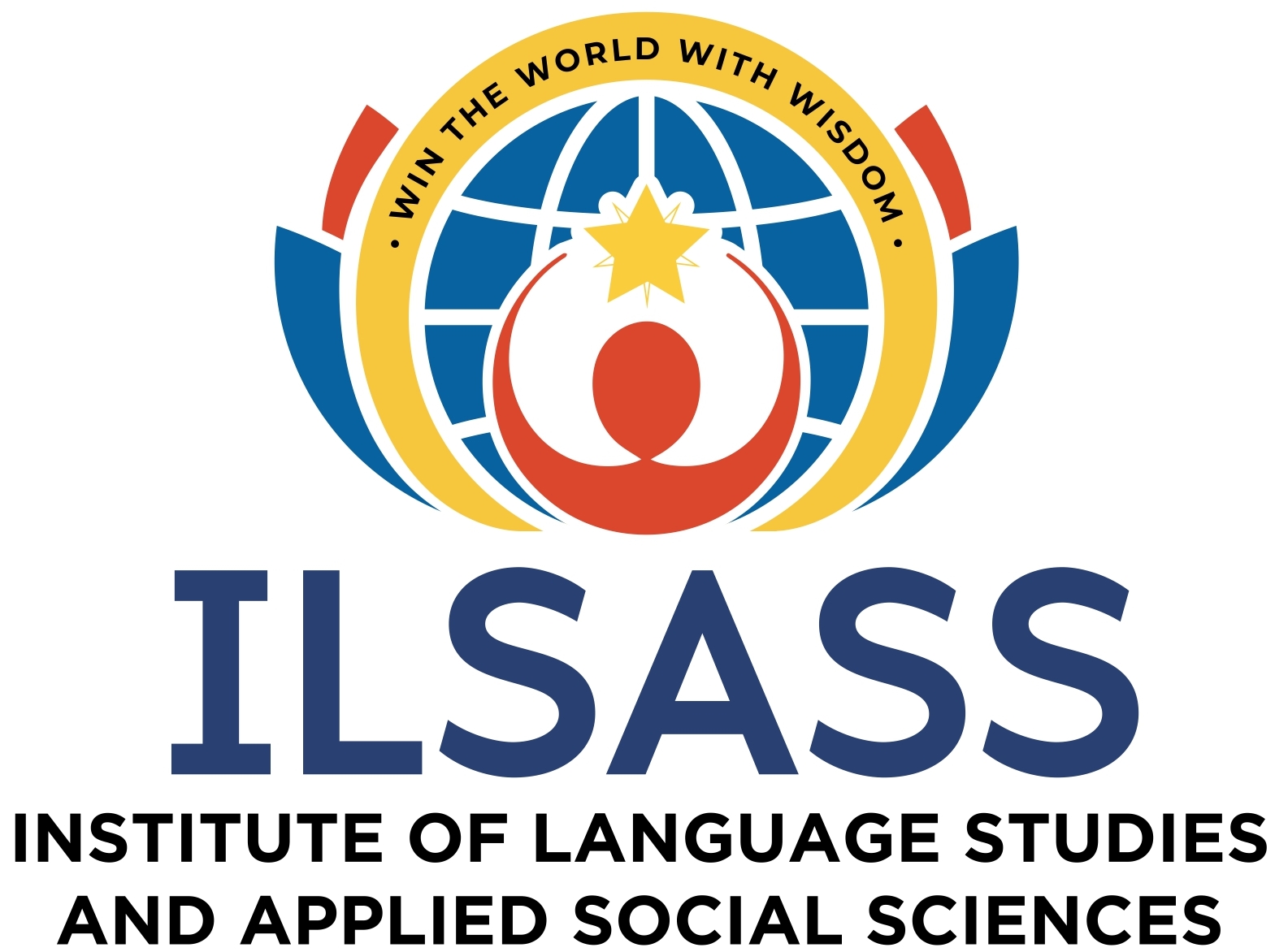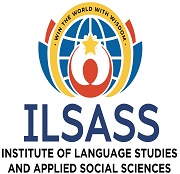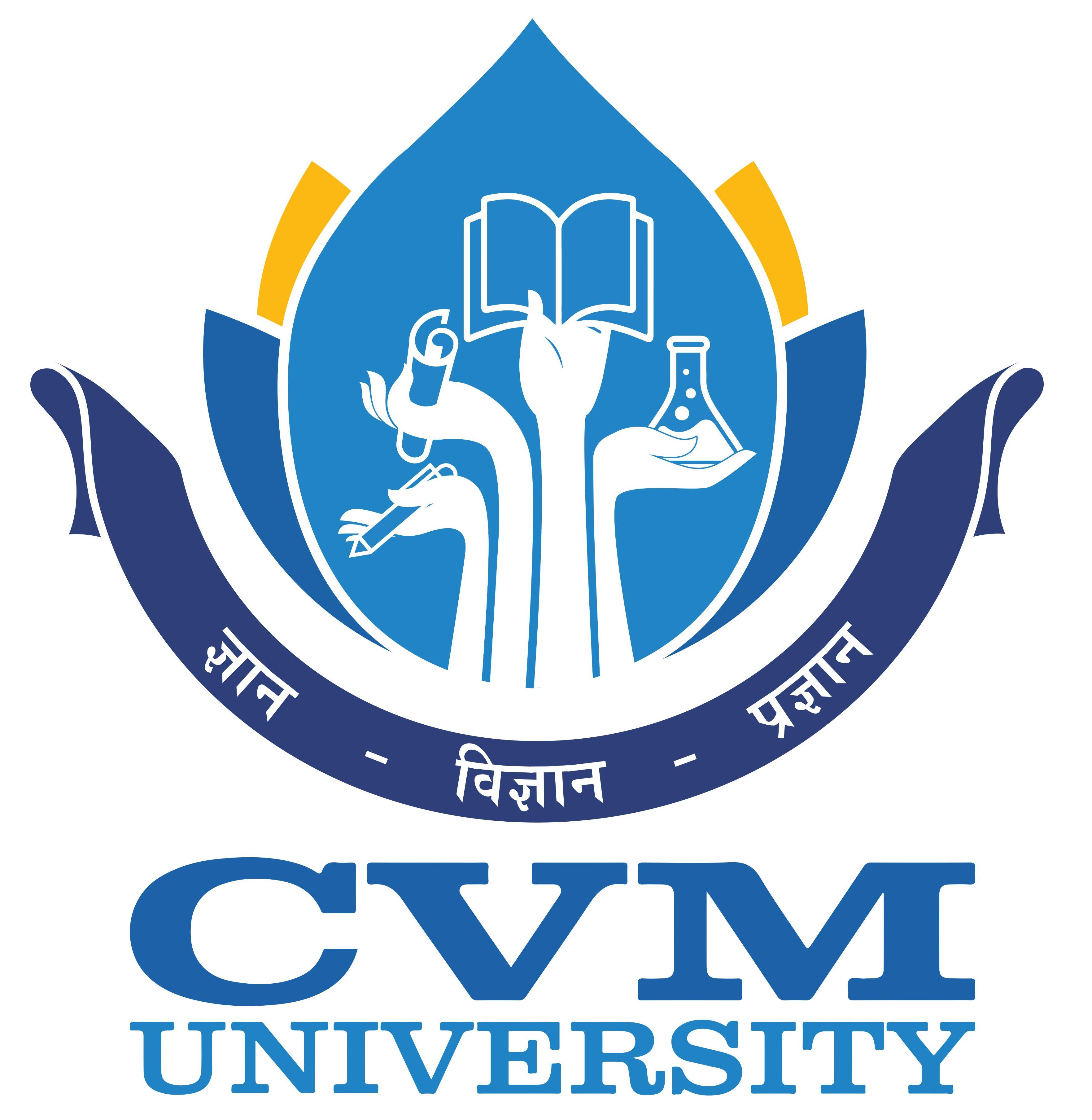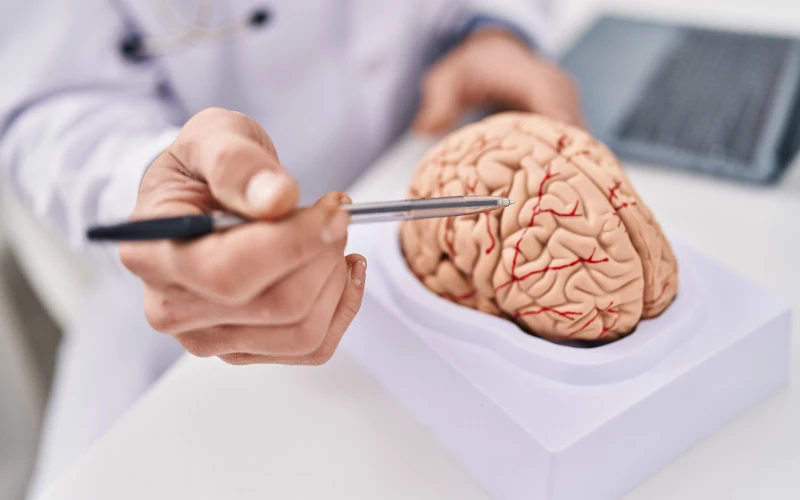
INSTITUTE OF LANGUAGE STUDIES AND APPLIED SOCIAL SCIENCES
(ILSASS)
THE CHARUTAR VIDYA MANDAL (CVM) UNIVERSITY
AGEIS: CHARUTAR VIDYA MANDAL, VALLABH VIDYANAGAR






• Affiliation: The CVM University
• Duration of Programme: 2 Years
• Medium of Instruction: English/Gujarati
• No. of Seats: 30
Course Structure
The Master of Arts in Clinical Psychology is a rigorous two-year postgraduate course designed to provide students with a comprehensive understanding of the theory, research, and practice of clinical psychology. Rooted in the foundational principles of psychology, this program equips students with the knowledge, skills, and practical experience necessary to pursue careers as competent and ethical clinical practitioners.
In the first year of the program, students embark on a journey of exploration into the core concepts and principles of psychology. They delve into subjects such as General Psychology, Social Psychology, and Counselling Psychology, gaining a solid theoretical foundation upon which to build their clinical expertise. Additionally, students engage in coursework focused on Research Methodology, and the foundations of Clinical Psychology.
As students’ progress into the second year of the program, they have the opportunity to deepen their understanding of clinical practice through advanced coursework and practical experiences. The curriculum expands to include topics such as Advanced Clinical Psychology, Psychopathology, Psychology Assessments, and Psychotherapy Approaches and Techniques. Through a combination of theoretical study, case analysis, and supervised practice, students develop the clinical skills and competencies necessary for effective assessment, diagnosis, and treatment of psychological disorders.
A distinguishing feature of the M.A. in Clinical Psychology program is the inclusion of optional elective courses, including the option to pursue a dissertation. This elective component allows students to tailor their academic experience to align with their specific interests and career goals. The dissertation option provides students with the opportunity to engage in independent research under the guidance of faculty mentors, allowing them to explore specialized topics within the field of clinical psychology and contribute to the advancement of knowledge in the field.
By offering a blend of theoretical coursework, practical training, and opportunities for independent research, the M.A. in Clinical Psychology program prepares graduates for a wide range of career paths in clinical practice, research, academia, and beyond. Graduates emerge from the program with a deep understanding of human behaviour and mental processes, along with the practical skills and ethical framework necessary to make meaningful contributions to the mental health and well-being of individuals and communities.
Eligibility
Candidates for the Degree of Master of Arts in Clinical Psychology must have passed the bachelor's degree (B.Sc./B.A.) Examination with a major/minor subject in Psychology conducted by a UGC recognized university or an examination of any other University or statutory Examining Body recognized as equivalent thereto in accordance with university regulations.
Admission Procedure:
Apply Now
Programme Educational Objectives (PEOs)
PEO 1: Advanced Clinical Practice and Professionalism
Graduates will apply advanced clinical knowledge and psychotherapeutic skills in professional settings such as hospitals, mental health clinics, academic institutions, and NGOs, with adherence to ethical guidelines and professional standards.
PEO 2: Research and Higher Academic Engagement
Graduates will pursue research-oriented careers, advanced doctoral studies, or licensure programs by critically engaging with psychological literature, research methodologies, and evidence-based clinical practices.
PEO 3: Holistic and Community-Centered Mental Health Service
Graduates will contribute to individual and community mental well-being by integrating biopsychosocial approaches, cultural sensitivity, and policy awareness into therapeutic and rehabilitative interventions.
PEO 4: Lifelong Learning and Reflective Clinical Growth
Graduates will engage in continuous personal and professional development through reflective practice, supervision, upskilling in emerging therapeutic approaches, and active participation in mental health advocacy.
Programme Specific Outcomes (PSOs)
PSO 1: Demonstrate in-depth theoretical and applied knowledge of key domains in clinical psychology, including abnormal psychology, personality theories, psychodiagnostics, and mental health interventions.
PSO 2: Analyze psychological disorders using diagnostic criteria, case history methods, and standardized psychological assessment tools, with cultural and contextual sensitivity.
PSO 3: Design and implement individualized psychotherapeutic interventions drawing from various schools of psychotherapy, such as cognitive-behavioral, psychodynamic, and humanistic approaches.
PSO 4: Critically evaluate psychological research literature and conduct independent research using qualitative, quantitative, and mixed-methods approaches to address relevant clinical questions.
PSO 5: Apply ethical principles and professional standards in clinical settings, including confidentiality, informed consent, non-maleficence, and culturally competent practice.
PSO 6:
Demonstrate proficiency in psychological testing, including test administration, scoring, interpretation, and report writing, across cognitive, emotional, and personality domains.
PSO 7: Engage in reflective practice and clinical supervision during fieldwork and practicum, developing core competencies in case formulation, client interaction, and therapeutic skills.
PSO 8: Evaluate the role of biopsychosocial factors in the etiology, course, and treatment of psychological disorders, with a focus on holistic and integrative models of health.
PSO 9: Develop awareness of current mental health policies, rehabilitation practices, and the structure of mental health services in India and globally, including community-based interventions.
PSO 10: Prepare for professional roles in clinical settings, academic institutions, research organizations, NGOs, or further specialization through licensure or doctoral programs in psychology.